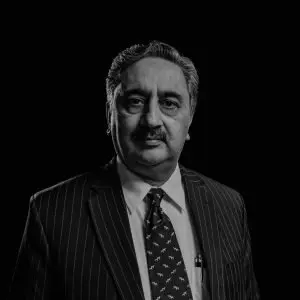William Shakespeare, in his timeless play “Hamlet,” declared that “brevity is the soul of wit.” This seemingly simple statement encapsulates a profound truth about effective communication. In a world inundated with information, mastering the art of brevity becomes essential.
The Essence of Brevity: At its core, brevity refers to the quality of expressing oneself in a concise and precise manner. It involves distilling complex ideas into succinct statements without sacrificing clarity. In the realm of wit, the ability to convey humor or insight in a few well-chosen words is highly prized. Shakespeare’s assertion implies that true intelligence lies not in verbosity, but in the ability to convey meaning effectively within a limited space.
Brevity in Written Communication: In the written word, brevity is a powerful tool. Whether crafting an email, essay, or any form of written communication, the ability to convey ideas concisely captures the reader’s attention and respects their time. Writers who embrace brevity engage readers more effectively, avoiding unnecessary embellishments and ensuring a direct connection with the audience. This approach is particularly relevant in an era where attention spans are constantly challenged by a barrage of information.
“In the written word, brevity is a powerful tool. Whether crafting an email, essay, or any form of written communication, the ability to convey ideas concisely captures the reader’s attention and respects their time”
The Challenge of Brevity: While brevity is revered, achieving it is not without challenges. Communicators often grapple with the dilemma of how much information to include and what to omit. Striking the right balance between brevity and completeness is an art that requires practice and skill. The fear of being misunderstood can lead to verbosity, but the true master of communication knows that clarity can be achieved without sacrificing brevity.
Brevity in Oral Communication: Oral communication presents its own set of challenges when it comes to brevity. Public speakers, presenters, and conversationalists must navigate the delicate balance between providing sufficient information and holding their audience’s attention. The most memorable speeches and conversations often involve succinct and impactful statements that resonate with listeners. Brevity in speech is not about saying less; it’s about saying more with fewer words.
Impact on Comprehension: Brevity enhances comprehension by eliminating superfluous details and focusing on the core message. In a world where information overload is a constant threat, concise communication stands out and is more likely to be absorbed and retained. Whether in academic writing, professional communication, or everyday conversation, the ability to distill information to its essentials ensures that the intended message is not lost in a sea of words.
“Brevity in speech is not about saying less; it’s about saying more with fewer words.”
The Role of Technology: In the digital age, technology plays a dual role in the pursuit of brevity. On one hand, character limits on platforms like Twitter force users to condense their thoughts into short, impactful messages. On the other hand, the ease of information sharing has led to an abundance of content, making brevity even more crucial. Embracing the constraints of technology while harnessing its potential for widespread communication is a delicate dance.
Brevity and Creativity: Contrary to the misconception that brevity stifles creativity, it often serves as a catalyst for innovation. The constraints imposed by brevity compel communicators to think critically about their message and find novel ways to express complex ideas concisely. In the world of advertising, where brevity is a necessity, creativity flourishes as marketers strive to capture attention and convey their message in a matter of seconds.
“Brevity is not a mere stylistic choice; it is a strategic approach to conveying meaning in a world that values information but is easily overwhelmed by its volume”
In conclusion, Shakespeare’s timeless wisdom on brevity resonates across centuries, emphasizing the enduring importance of concise communication. Brevity is not a mere stylistic choice; it is a strategic approach to conveying meaning in a world that values information but is easily overwhelmed by its volume.
From written communication to oral discourse, brevity enhances comprehension, captivates audiences, and fosters creativity. As we navigate an ever-evolving landscape of communication, the adage “brevity is the soul of wit” remains a guiding principle for those seeking to master the art of expression.
—
Courtesy of Medium




